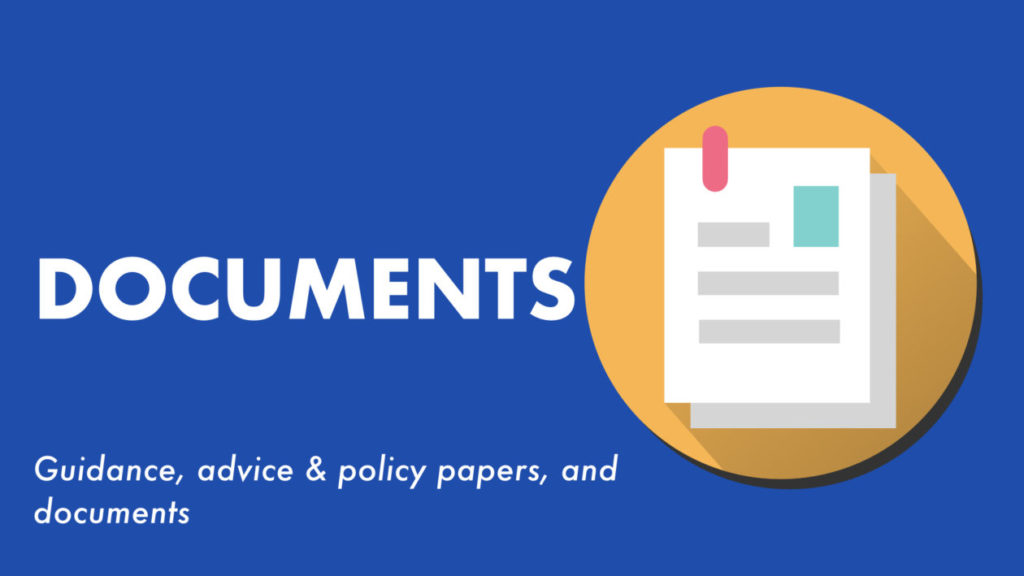This section aims to provide ideas, information and professional learning to support secondary teachers develop confident and responsible children and young people that are cyber resilient or interested in studying cyber security.
Understanding cyber resilience and internet safety
This section has three options to support teachers with cyber:
- The Cyber Toolkit breaks cyber resilience and internet safety into 3 concise themes to help with planning, teaching and assessment
- The Essential Teacher Digital Skills support teachers with the fundamental skills of passwords, account logins and WiFi networks
- This is Cyber CLPL is an ongoing programme of professional learning for more confident teachers who want to develop a deeper understanding and implement change in their setting
The Teacher Cyber Toolkit is the main page for information, ideas and resources for teachers. It splits internet use into: consume, create or communicate and has resources and information for each of these.
 Start here if you need support with basic digital literacy skills, such as creating passwords, logging in to Glow or connecting to Wi-Fi.
Start here if you need support with basic digital literacy skills, such as creating passwords, logging in to Glow or connecting to Wi-Fi.
This is Cyber Resilience and Internet Safety is the next step for teachers more confident in their own digital literacy. There are four sessions to choose from whether you are planning lessons or creating guidance for your school or community.
Cyber across the curriculum
Cyber resilience and internet safety can be incorporated into other curricular areas, below are links to those which are ‘responsibilities of all’. This has been kept concise for simplicity but there are many other aspects that could be explored by teachers:
- Computing science teachers may focus on cyber security as a specialist subject that can be studied with qualifications in Scotland
- PSHE teachers may focus on aspects of online citizenship, security and safety
- Literacy & English teachers may focus on information literacy and the credibility of online content

Cyber security can be studied in Scottish education as a discrete subject. It offers challenge, problems to solve and opportunities.
There are lots of areas of our lives now touched by digital technology and cyber resilience can help keep them safer, more private and fairer.
More of the information we consume is now online, in the form of news, social media and literature. Learners need support to find, evaluate and make use of these texts.






